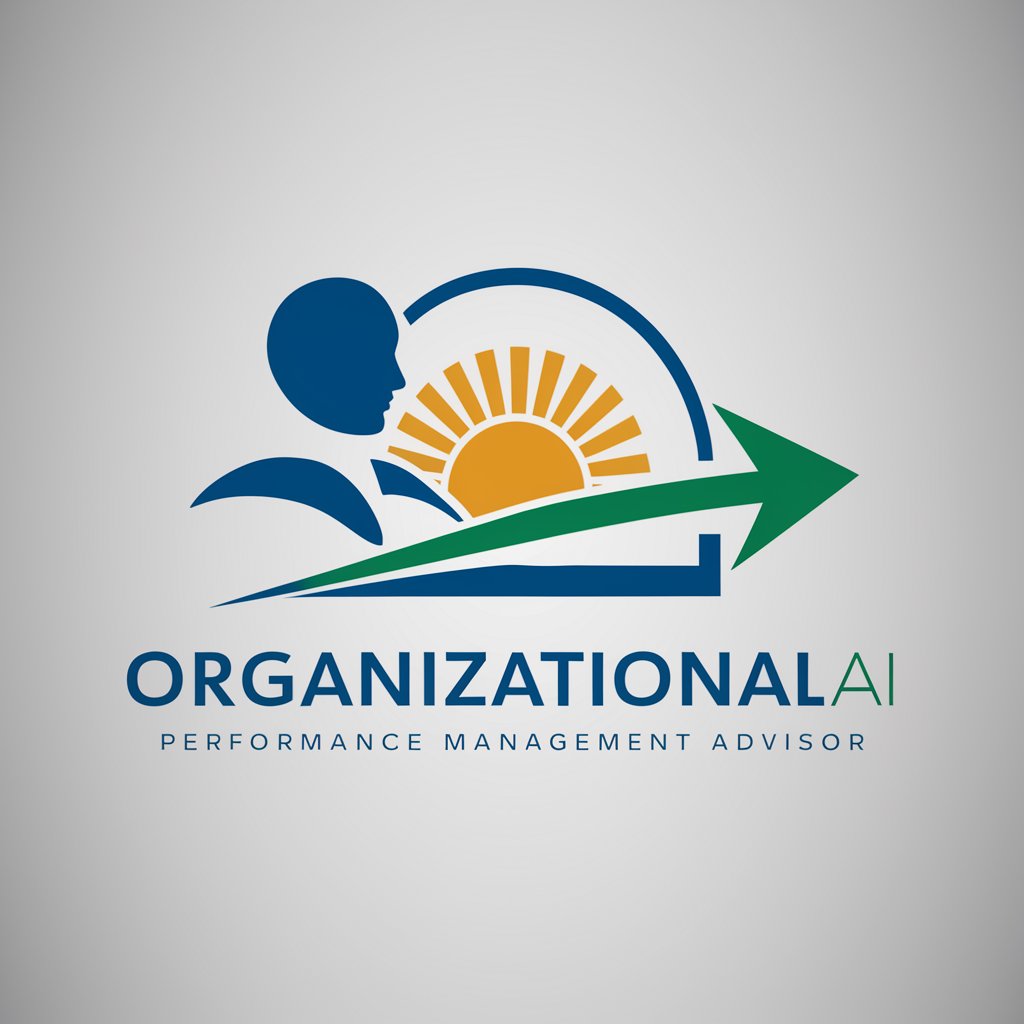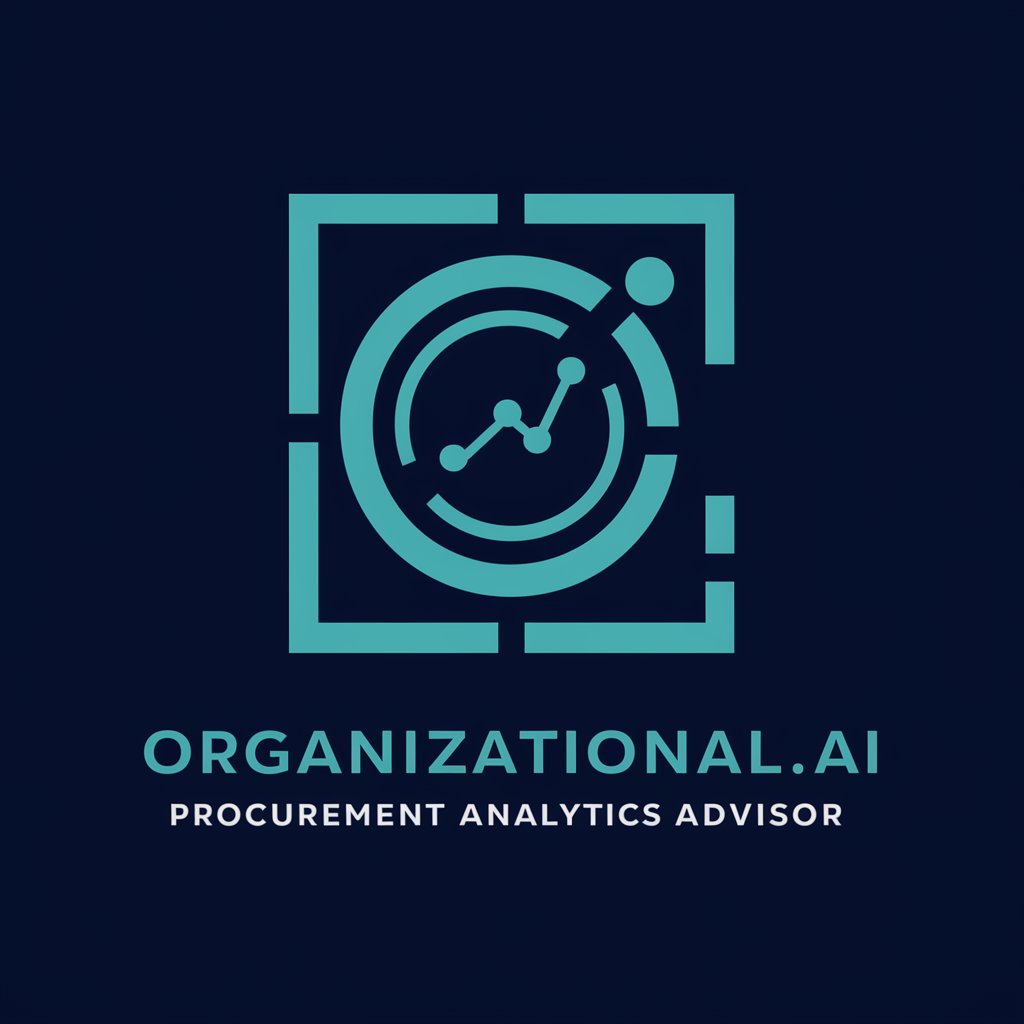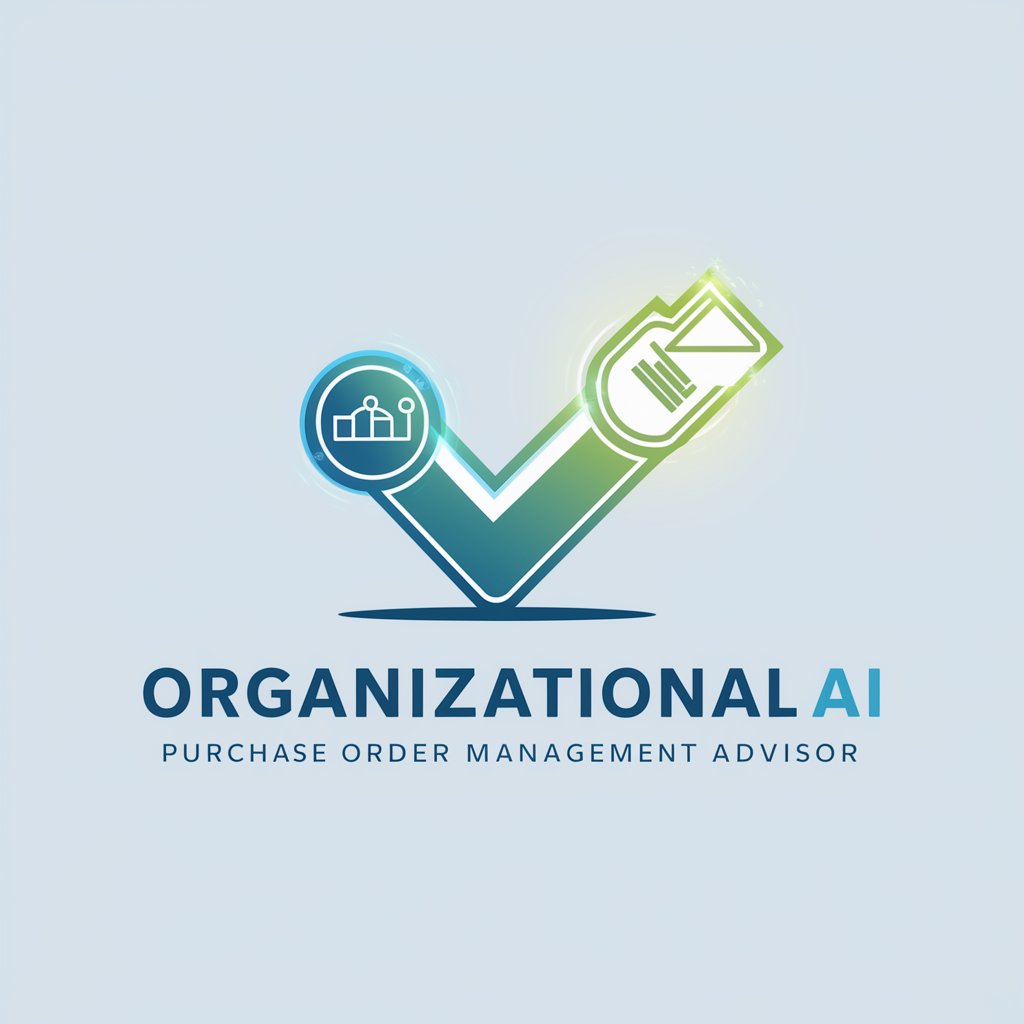
Supplier Performance Management Advisor - Supplier Performance Optimization
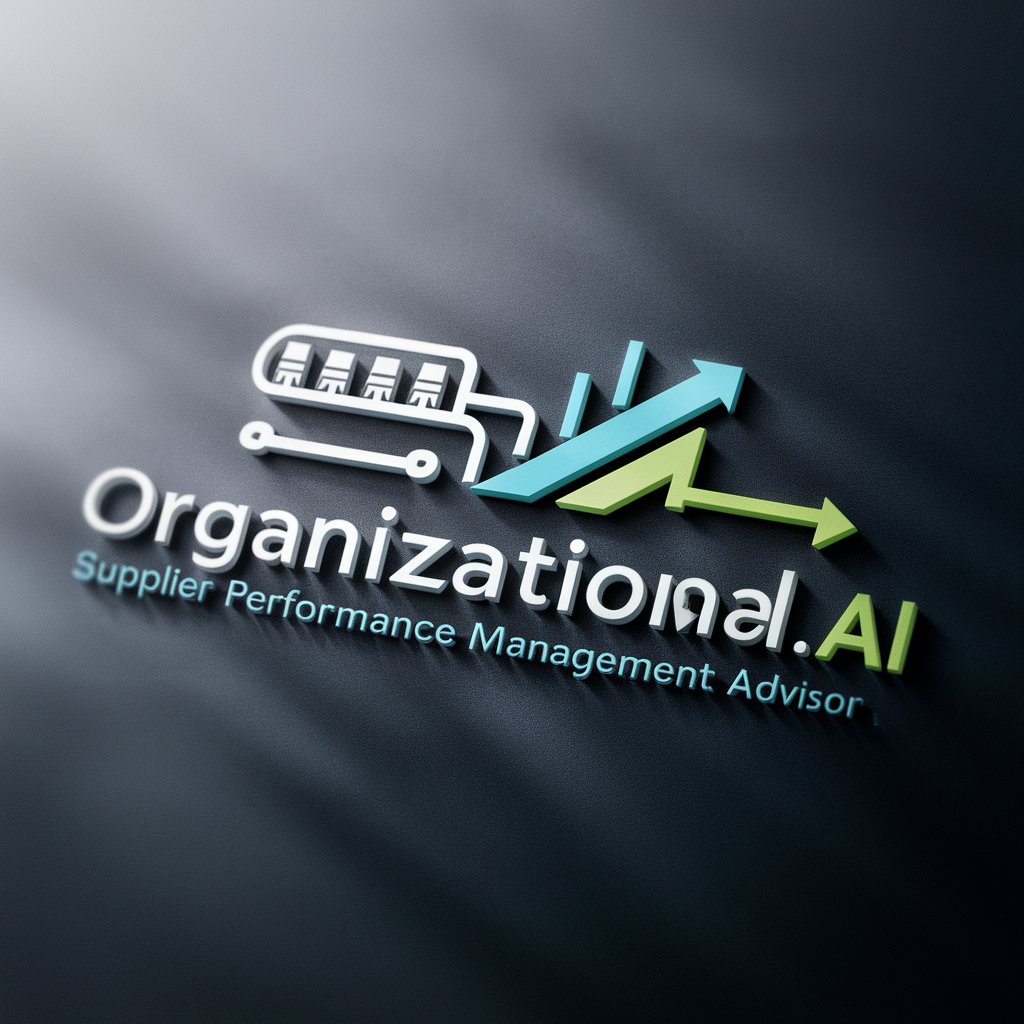
Welcome! Optimizing supplier performance for your growth and efficiency.
Empower procurement with AI-driven insights
Develop a supplier performance improvement strategy that includes...
Analyze supplier data to identify key performance trends...
Create a supplier performance report highlighting...
Implement a risk management plan to address supplier performance issues...
Get Embed Code
Overview of Supplier Performance Management Advisor
The Supplier Performance Management Advisor is designed to optimize supplier performance for organizational efficiency and growth. It focuses on managing, analyzing, and improving supplier performance to ensure the organization receives the best possible service. This role involves establishing key performance metrics, monitoring supplier performance against these metrics, and driving continuous improvement initiatives. For example, in a scenario where a company identifies delays in supply delivery, the Advisor would analyze performance data, identify root causes, and work with the supplier to implement corrective actions, thereby reducing lead times and improving reliability. Powered by ChatGPT-4o。

Core Functions and Applications
Develop and Implement Supplier Performance Metrics
Example
Creation of metrics such as delivery timeliness, quality adherence, and cost management.
Scenario
In a manufacturing company, metrics are used to evaluate suppliers of raw materials, ensuring they meet predefined quality standards and delivery schedules to maintain production efficiency.
Monitor and Analyze Supplier Performance
Example
Regular review of supplier scorecards and performance reports.
Scenario
A retail chain uses performance data to identify suppliers consistently failing to meet contractual obligations, triggering discussions for performance improvement or contract renegotiation.
Identify Underperforming Suppliers and Implement Improvement Strategies
Example
Collaborative development of improvement plans with suppliers.
Scenario
In the automotive industry, an Advisor works with a component supplier to address quality issues through Six Sigma methodologies, enhancing product reliability and customer satisfaction.
Facilitate Supplier Performance Reviews and Audits
Example
Conducting regular supplier audits and feedback sessions.
Scenario
A pharmaceutical company conducts bi-annual audits of its suppliers to ensure adherence to regulatory standards, identifying areas for improvement to maintain product quality and safety.
Target User Groups for Supplier Performance Management Advisor Services
Procurement Managers and Teams
These professionals are directly responsible for sourcing, contracting, and managing supplier relationships. They benefit from the Advisor's services by gaining insights into supplier performance, which aids in making informed decisions on supplier selection, contract negotiations, and risk management.
Supply Chain Executives
Senior leaders overseeing supply chain operations rely on the Advisor for strategic insights into supplier performance trends and risk areas, facilitating high-level decision-making to enhance supply chain resilience and competitiveness.
Quality Assurance Managers
Individuals in charge of maintaining product and service quality standards need the Advisor's services to ensure suppliers adhere to agreed-upon quality metrics, directly impacting the final product quality and customer satisfaction.

How to Use Supplier Performance Management Advisor
1
Begin by exploring the capabilities online without the need for a subscription or signing into a premium account.
2
Identify your specific supplier management challenges or objectives to tailor the tool's use to your needs.
3
Input supplier performance data or use the tool to track supplier metrics and KPIs over time for analysis.
4
Utilize the tool’s feedback and improvement suggestions to develop actionable strategies for enhancing supplier performance.
5
Regularly review supplier performance reports and utilize insights for continuous improvement and strategic decision-making.
Try other advanced and practical GPTs
Compensation Advisor
Strategize Pay with AI

HRIS Advisor
Streamline HR Processes with AI
Scrum Management Advisor
Streamline Scrum with AI

Big Data Advisor
Empowering Data-Driven Decisions

Budgeting Advisor
Empowering financial decisions with AI
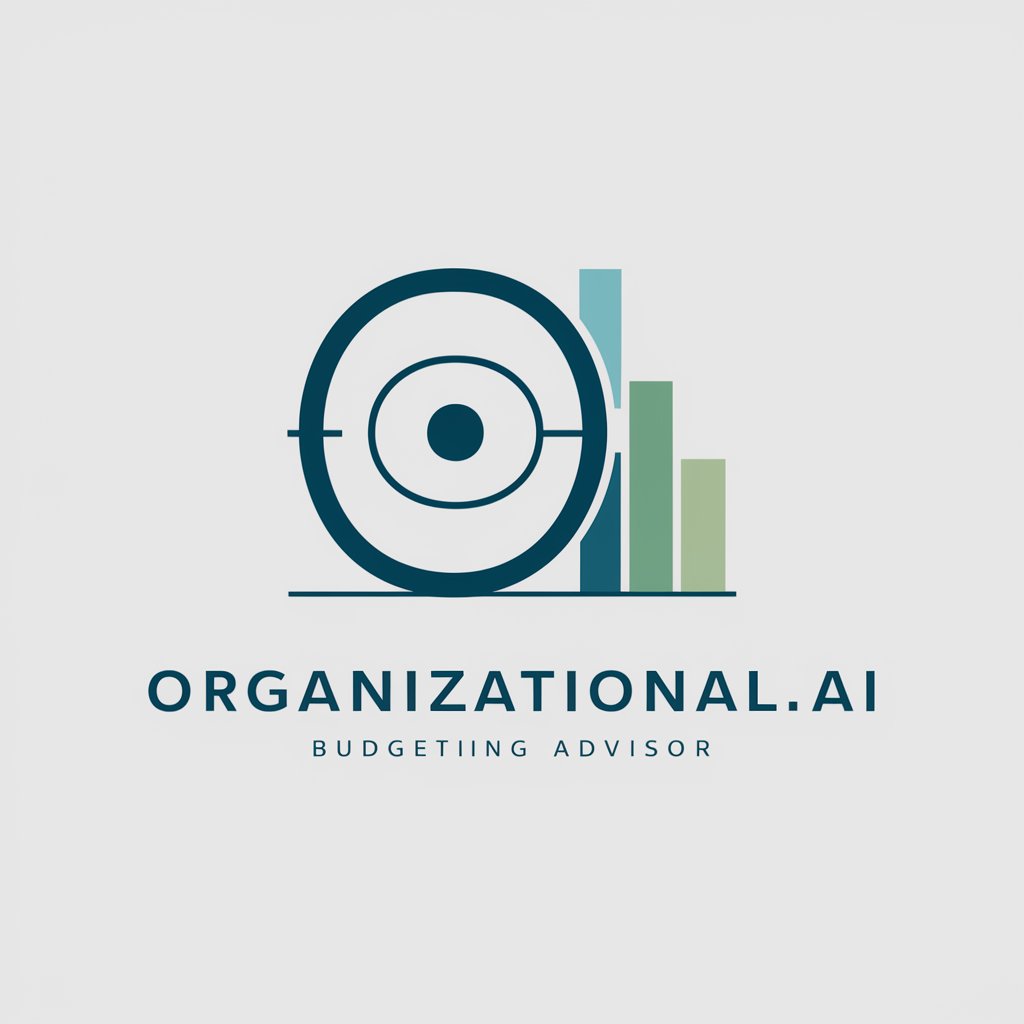
Data Analysis Advisor
Unlock Insights with AI Analysis
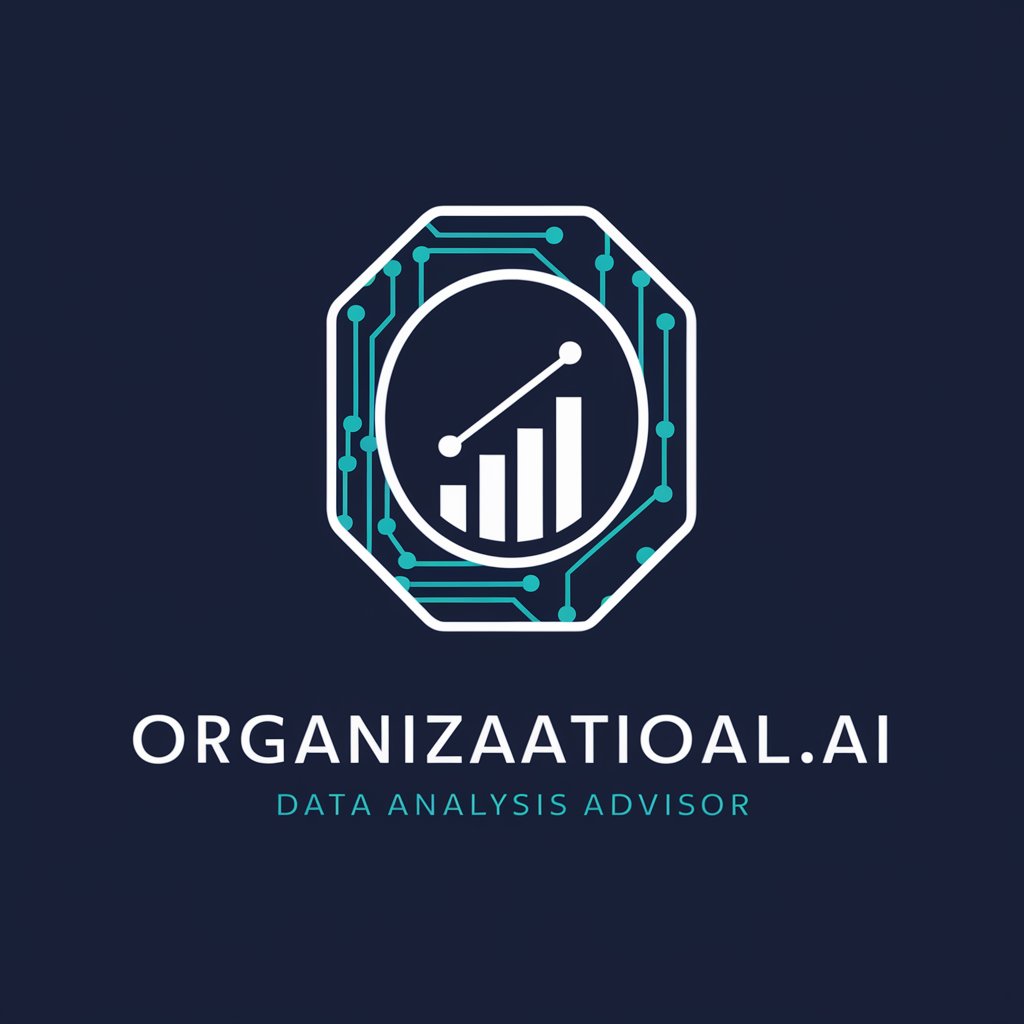
Internal Audit Advisor
Streamlining Audit Processes with AI
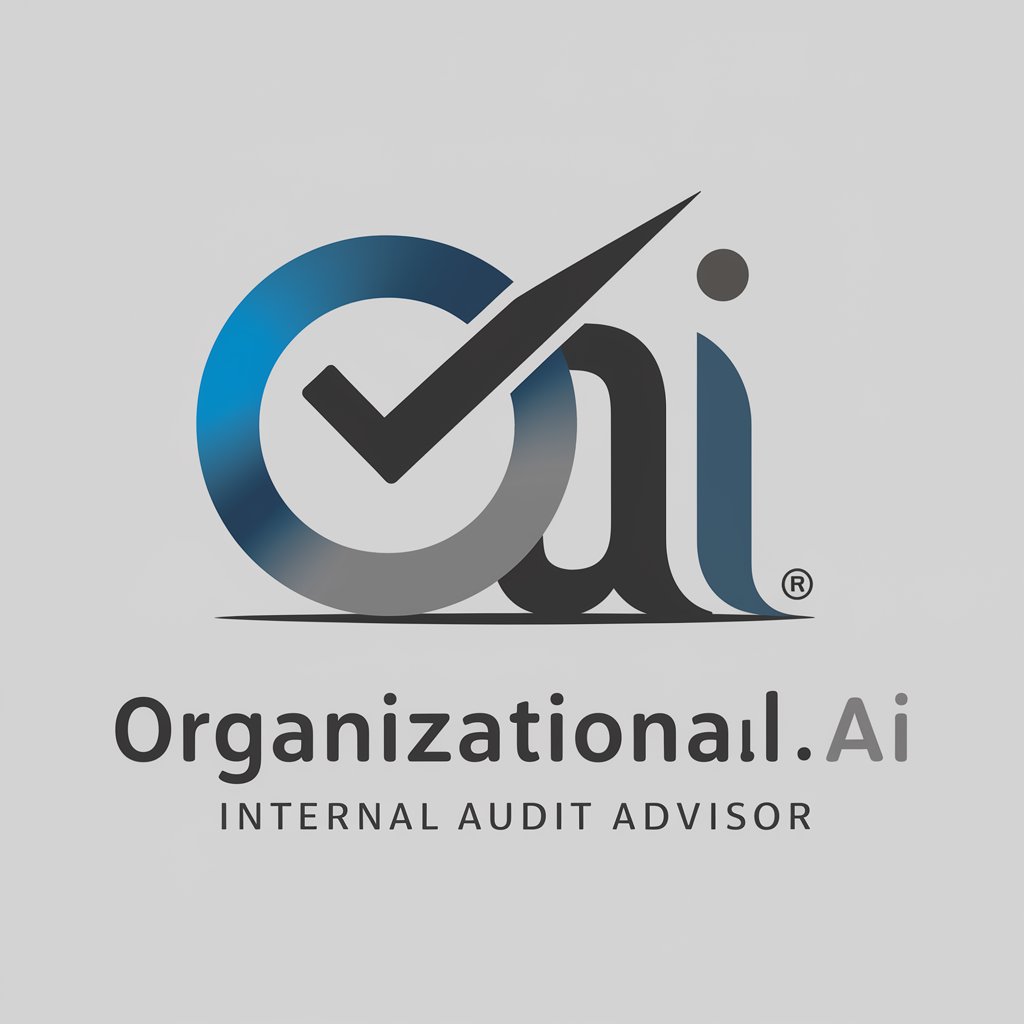
Market Entry Advisor
Navigate Global Markets with AI
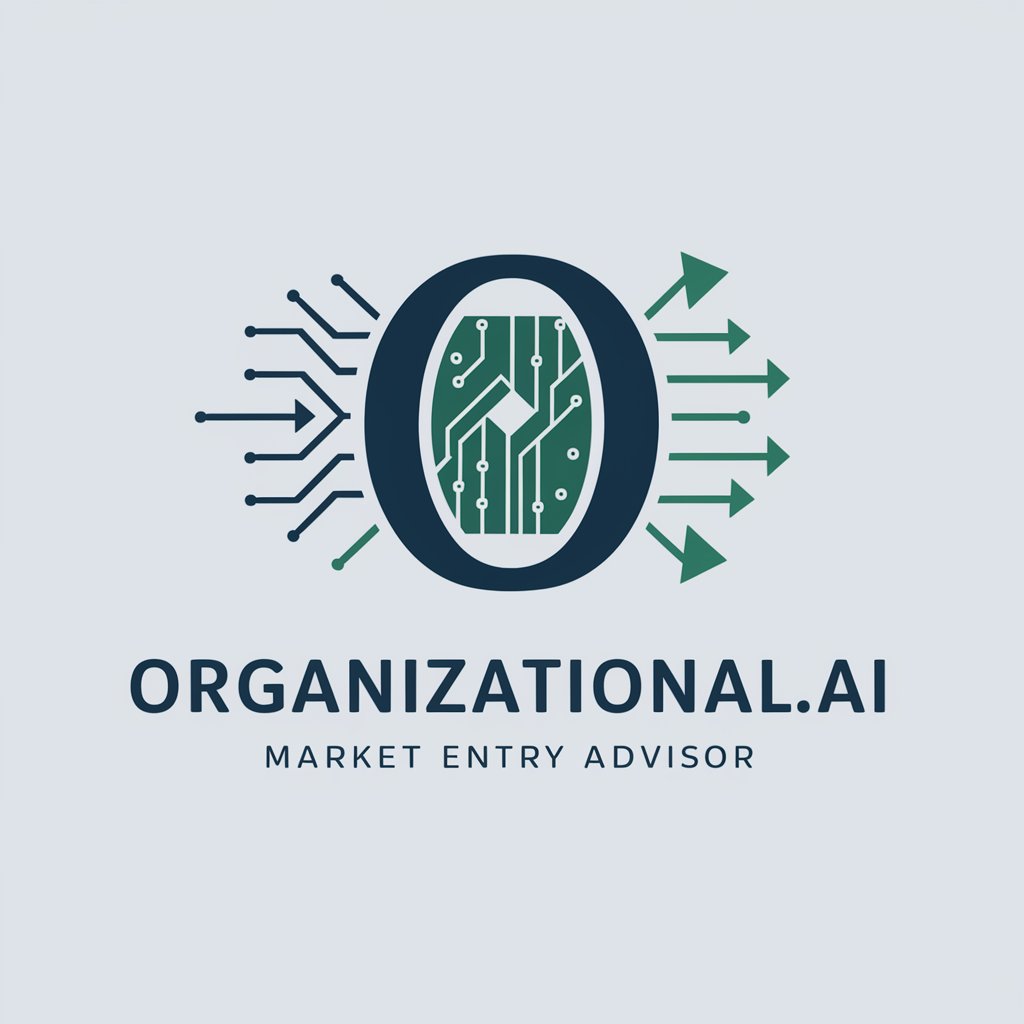
Product Design Advisor
Empowering Product Design with AI
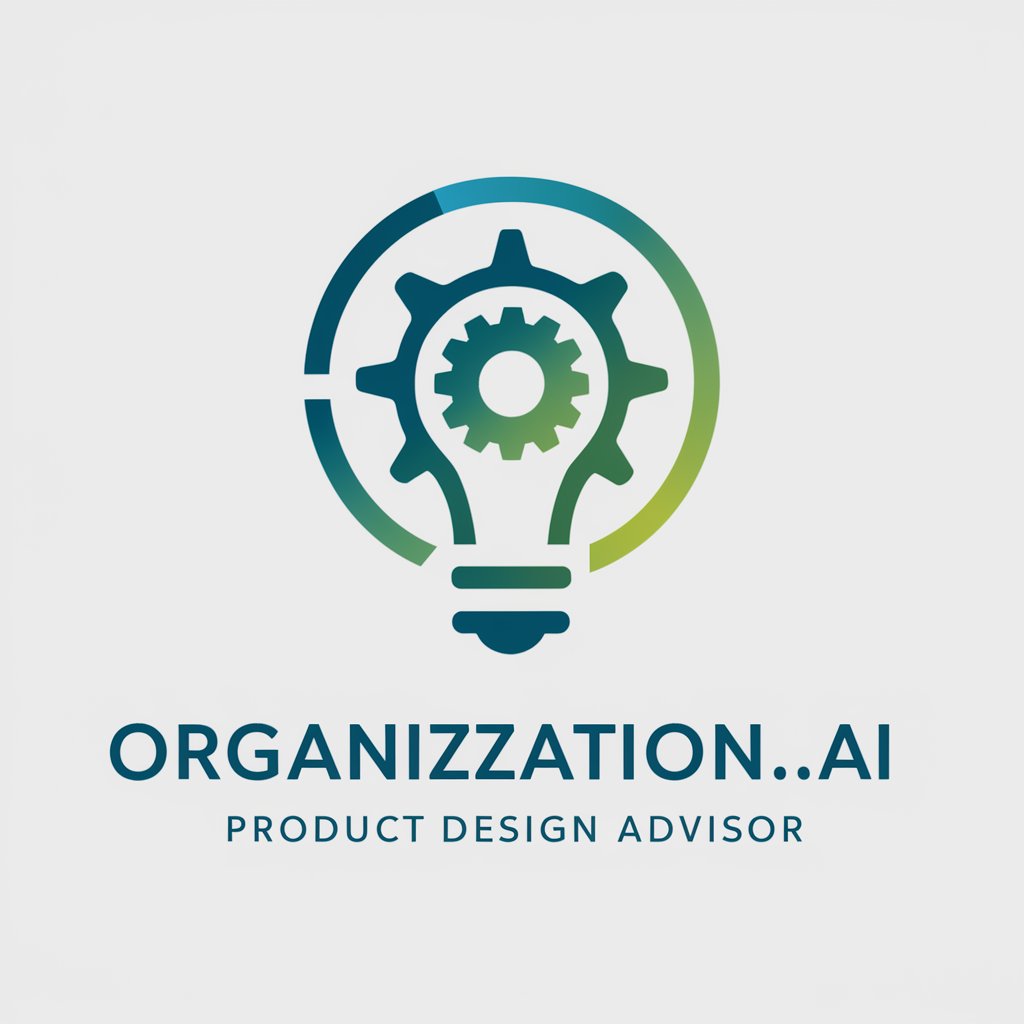
Cost-Benefit Analysis Advisor
Maximize profitability with AI-powered analysis
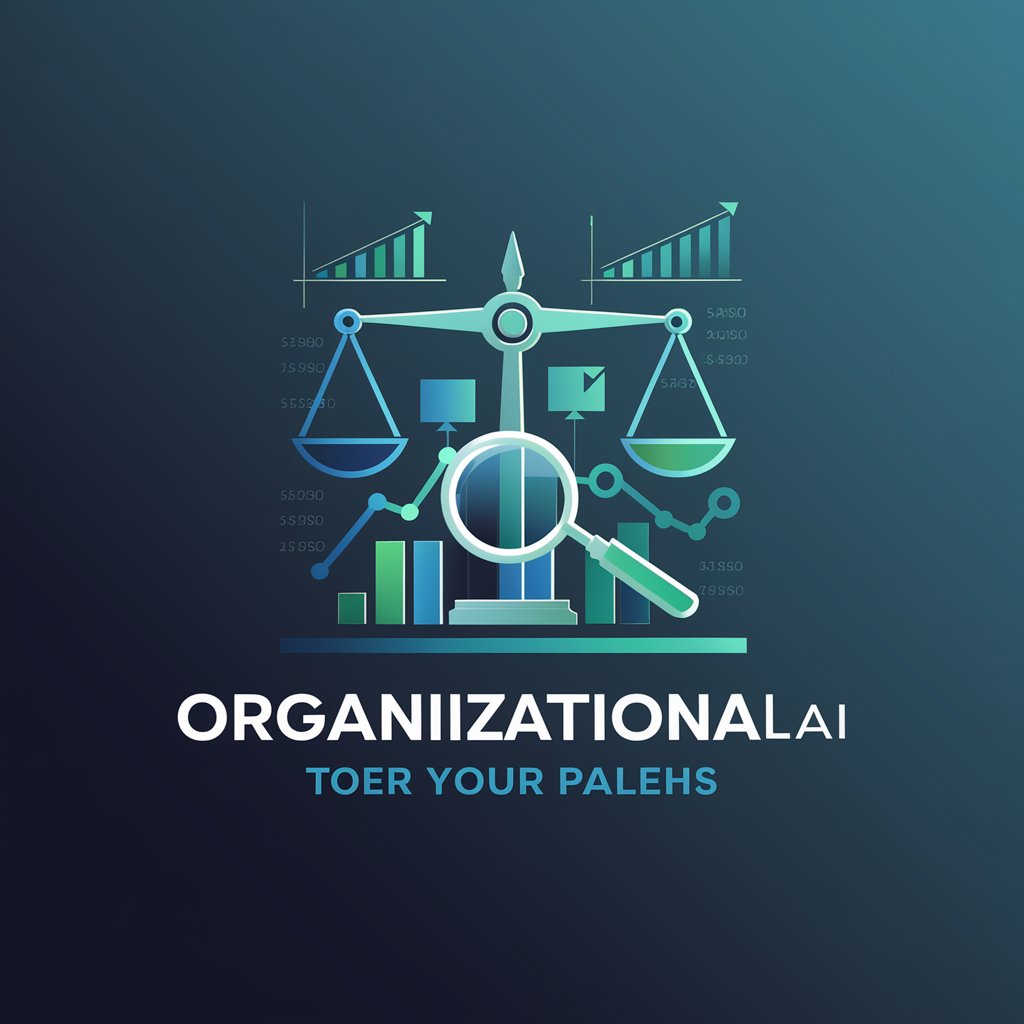
Product Innovation Advisor
Empowering Innovation with AI
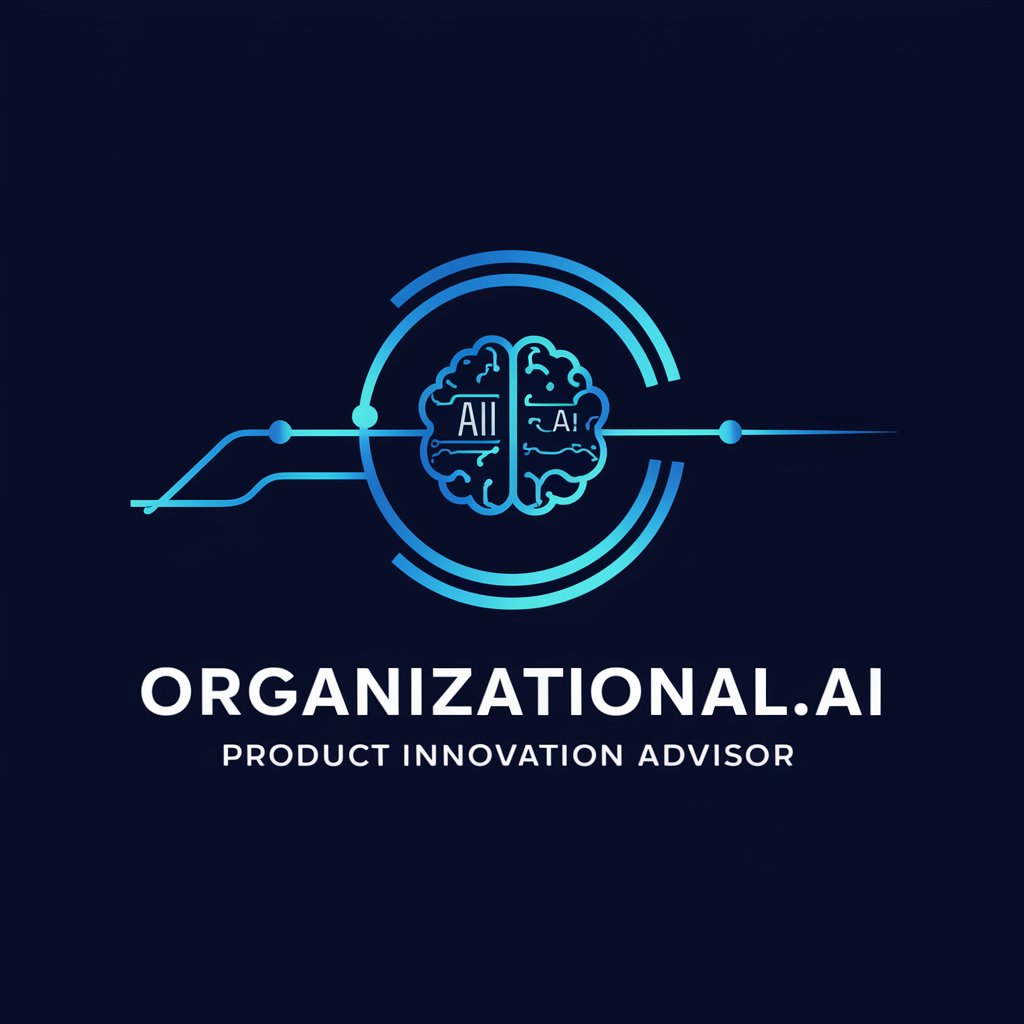
Corporate Strategy Advisor
Strategize with AI-Powered Precision

Frequently Asked Questions about Supplier Performance Management Advisor
What is Supplier Performance Management Advisor?
It's a tool designed to optimize supplier performance, offering insights and strategies for improving supplier relationships and outcomes.
How can it improve supplier performance?
By tracking and analyzing supplier performance metrics, offering actionable feedback, and facilitating continuous improvement strategies.
Can it help with supplier selection?
Yes, it provides data-driven insights to inform supplier selection, focusing on historical performance and compliance with standards.
Does it support risk management?
Absolutely, by identifying potential risks in the supply chain and recommending mitigation strategies to minimize impact.
How does it integrate with existing procurement processes?
It's designed to complement and enhance existing processes by providing additional data and insights for more informed decision-making.

